Now nearly 95 years old, the American institution isn’t just a witness to United States history — it’s a part of it.
By Katie Quine • Updated April 6, 2020
Fledgling Opry Show Endures Through Great Depression

“The show that made country music famous” had only been on the air for four years when the Great Depression began to take its toll on the nation in 1929. As with most things, the record industry struggled. In 1927, record sales exceeded 100 million, but by 1932, that number dropped to 6 million. Looking for an affordable form of entertainment, families across the country turned to the radio. Saturday night programs like WSM’s Grand Ole Opry and the WLS National Barn Dance were popular, particularly among rural listeners who could pick up AM radio stations broadcast from faraway places.
Halfway through the Great Depression, WSM created the Artists Service Bureau. It was an attractive opportunity for performers looking to get exposure and bolster their income in a time when money didn’t come easy. Operating on commission for each booking made, WSM helped artists secure appearances beyond Nashville while fortifying its own roster of full-time Opry talent. The Opry became a solvent early force in the country music industry, rising above even in a time of great financial ruin. Out of the Great Depression, something Grand arose as an American icon.
Opry Leads the Charge During World War II

It’s hard to deny a man’s popularity when his name was used in a World War II battle cry. At the Battle of Okinawa, American troops claimed that Japanese soldiers shouted, “To hell with President Roosevelt, to hell with Babe Ruth, to hell with Roy Acuff!” during an attack. Opry member Roy Acuff was certainly beloved by American armed forces — he edged out Frank Sinatra in a 1945 popularity contest determined by those stationed in Europe. Acuff’s hymn “The Great Speckled Bird” provided solace during wartime, and his live performances of “Cowards Over Pearl Harbor” were deliberative and stirring.
Prior to the attack on Pearl Harbor and the United States declaring war on Japan, other Opry stars like Minnie Pearl, Eddy Arnold, and Pee Wee King had already spent a great deal of time entertaining troops on Camel Caravan military base tours, sponsored Prince Albert tobacco brand. The tour required a good bit of bootstrapping at a time when gasoline and quality rubber tires were scarce due to rationing. Artists would drive all night, stopping often to change a flat. The country music tradition of performing for the troops continues today as the likes of Opry members Trace Adkins and Craig Morgan participate in dozens of USO tours.
When the Show Couldn’t Go On, The Loss of Martin Luther King Jr.

Come hell or high water, the Opry has remained a dependable Saturday night institution, never making a habit out of canceling shows. Even after a flood ravaged the Grand Ole Opry House in 2010, the show still went on as other Nashville venues graciously opened their doors to the Opry for six months until the Opry House could be restored.
But on Saturday, April 6, 1968, the show did not go on. Civil rights leader Martin Luther King Jr. was assassinated two days prior in nearby Memphis, leaving the nation to reel with the tragedy and the resulting civil unrest. A 7 p.m. curfew was imposed on the city of Nashville, and no institution was exempt, including the Saturday Night Opry, which had taken place more than 2,200 times prior to that night. WSM broadcast recordings of past performances instead of a live show.
Knowing that fans had traveled far to see their favorite artists, Roy Acuff hosted an extemporaneous 2 p.m. Opry show at his downtown museum, offering the chance to hear some live music during a tenuous period in United States history.
President Nixon’s Opry Visit Amid Watergate Scandal

March 16, 1974 was a legendary evening in the Grand Ole Opry’s history. Chiefly, it was the show’s inaugural night at the Grand Ole Opry House after relocating from Ryman Auditorium — and the commander in chief was on hand to dedicate the new venue, too. Richard Nixon was the first president in history to take part in an Opry show and the only one to ever perform. He led the audience in singing “Happy Birthday” to First Lady Pat Nixon and performed “My Wild Irish Rose” and “God Bless America” on the piano.
Everyone was in good spirits, including Nixon, a big fan of country music who previously proclaimed October as Country Music Month. Outside of his Opry appearance, it was a tumultuous time for the president, whose closest aides were indicted by the Watergate grand jury on March 1. In August, just five months after Roy Acuff taught him yo-yo tricks on the Opry stage, Nixon resigned after mounting public pressure. His words were inconspicuous when spoken that night but are uncanny to the ear now: “I will stay here and try to learn how to use the yo-yo,” Nixon remarked. “You go up and be president, Roy.”
Member Loretta Lynn’s “The Pill” and the Women’s Movement

ust as second-wave feminism took hold in the early 1960s, Loretta Lynn was solidifying her status as a country music queen. Though her earlier straight-talking singles like 1966’s “Don’t Come Home a Drinkin’ (With Lovin’ On Your Mind)” and 1968’s “Fist City” were smash hits, Lynn’s 1975 single “The Pill” was not only razor-sharp but also resonant during the social movement of the time.
The song’s protagonist extols the newly invented birth control pill for giving her the freedom from “a bed and a doctor bill” after all the years she stayed home raising children while her husband had the fun. It wasn’t an autobiographical tune for Lynn, who had six children, but the sentiment was personal. “If I’d had the pill back then, I’d-a popped them like popcorn,” Lynn said in a candid 1975 Playgirl interview.
In her autobiography, Loretta Lynn: Coal Miner’s Daughter, Lynn wrote “My music has no politics,” but that doesn’t mean she’s shied away from touching on current events in her music. “The Pill” was controversial for its time. Some radio stations wouldn’t play it, Lynn got seething letters in the mail, and Opry management held a lengthy meeting to decide if she should be allowed to perform it on stage. Lynn did get to play the song in the circle, but had she not been allowed to, she was prepared to appeal.
The song’s popularity among young women in rural areas had a profound impact. “A doctor who travels around teaching sex education told me that ‘The Pill’ has reached more people out in the country and done more than all the government programs put together,” Lynn said in the same interview.
,Now in its 94th year, the American institution isn’t just a witness to United States history — it’s a part of it.
Stay In Touch
Skip the FOMO, we’ll make sure you don’t miss a thing! Sign up for exclusive updates, events, and offers – just for fans like you.






